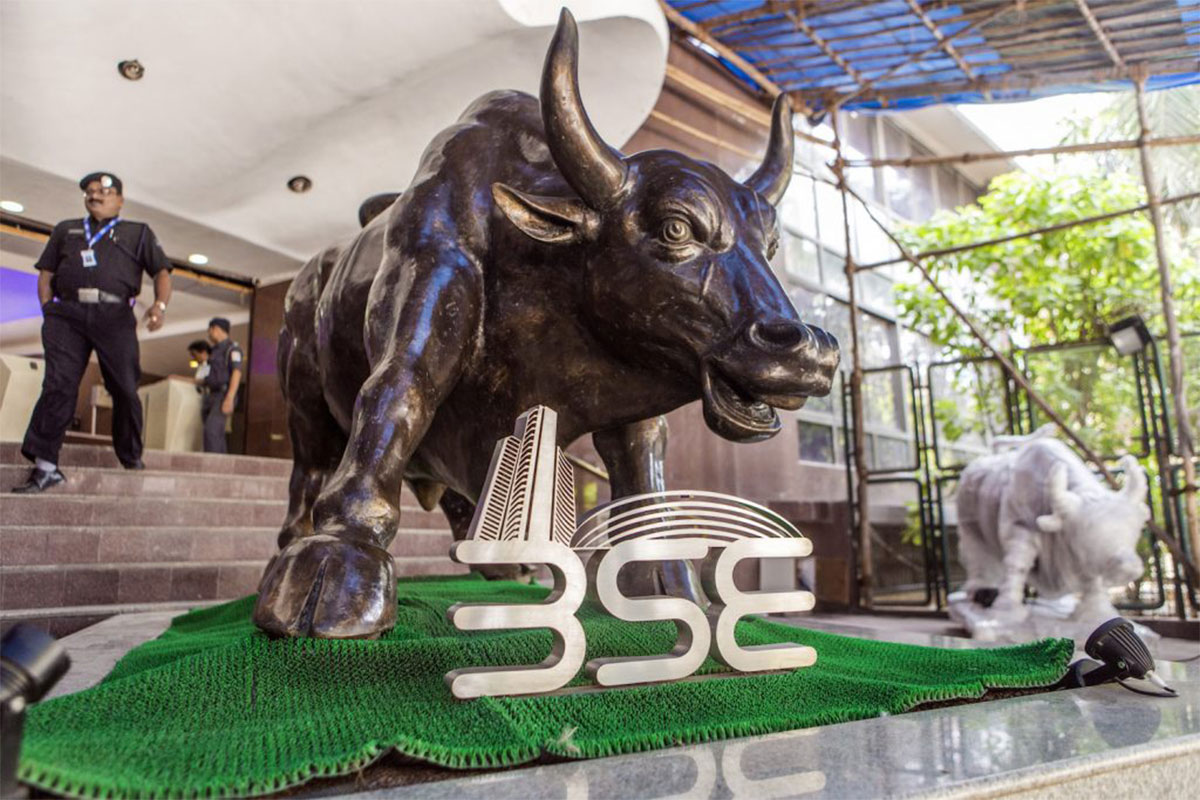About 85 pc of world’s cryptocurrencies are not even worth a cent: Report
About 85 per cent of the world’s cryptocurrencies are worth less than one cent, according to a report on Monday.
What makes this new way of investing possible is the proliferation of digital platforms which carry minimal brokerage charges and offer a no-frills service; no research reports, stock recommendations or sector analysts here!

Representational Photo Sensex and Nifty scales lifetime high
High liquidity in global stock markets combined with the accommodative stance taken by central banks of the major economies has led to the phenomenon of so-called Robin Hood investors ~ retail, usually younger investors with smaller budgets willing to take a punt on unconventional and/or beaten-down scrips.
What makes this new way of investing possible is the proliferation of digital platforms which carry minimal brokerage charges and offer a no-frills service; no research reports, stock recommendations or sector analysts here! Relying on volatile stock markets or cryptocurrencies is a gamble in any case, goes the logic, so why not have some fun in the process without risking too much capital, especially with the possibility of a jackpot (if one is very, very lucky) on the horizon.
It’s a bit like buying a lottery ticket though there is an element of skill involved in researching sectors and listed companies as well as picking stocks. The USA, the mother market as it were, was where it all started but India too has seen an exponential rise in retail investors ever since the March-April 2020 Covid-19 induced stock market crash with a low interest regime aiding the shift of money from savings accounts, fixed deposits and the like to the bourses.
Advertisement
It is a risky game but one an increasing number of people seem willing to play given the looming economic uncertainty save in sectors such as IT. In other parts of the world, however, fractional investments in areas ranging from livestock to limited-edition Rolex watches too are in vogue with the expectation, believe it or not, of somewhat stable returns when compared to stock market blue chips.
In South Korea, for instance, Bancow, a platform for investing in cattle, acts as an intermediary for investors and farms seeking to buy and co-invest in calves. After about two years, full-grown cows are sold at auction and the two investing parties share the profit. The more money investors pour into a cow, the more shares they hold. Meanwhile, farmers chip in for breeding costs. Farmers who pay for A-class fodder are given more shares than others.
A generation tired of worrying about losing money overnight in stocks given the high volatility created by the pandemic and geopolitical flux seems to be gravitating towards stable investment in tangible assets. Rare luxury goods too are finding takers with ‘shares’ in Rolex watches, for example, being bought by investors. A digital platform dedicated to this trade is gaining in popularity; it offers a set of Rolex pieces in which investments can be made to reap potential gains when the pieces are sold six months later.
Demand for such ‘bits and pieces’ investment opportunities has been higher than expected, experts say. There are obvious areas of concern, of course, the primary among them being that unlike traditional financial goods and services that are overseen by the relevant market authorities, such investments are largely dependent on the platforms’ internal protocols for investor protection. Welcome to
Advertisement